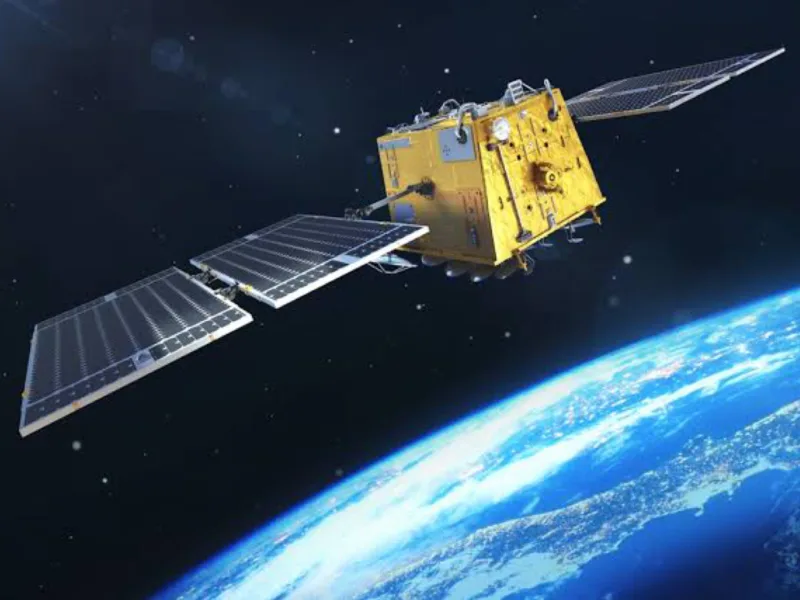Russian company Bureau 1440 has successfully completed its initial tests for a laser inter-satellite link, making significant strides towards creating a competitor to Elon Musk’s Starlink. The company, which specializes in low-Earth orbit satellite systems for high-speed data transmission, shared the news in a Telegram post on Monday.
In these tests, Bureau 1440 transferred over 200 gigabytes of data at 10 gigabits per second between satellites over 30 kilometers apart. This marks the first successful use of domestic laser inter-satellite communication in space by the company, demonstrating the technology’s viability and potential. Bureau 1440 plans to conduct further tests over greater distances, extending to hundreds of kilometers between satellites.
Like SpaceX’s Starlink, Bureau 1440’s satellites operate in low-Earth orbit and use inter-satellite laser links to provide global internet coverage. Despite Russia being barred from using Starlink, reports indicate that Russian forces have obtained Starlink terminals through a black market, deploying them in Ukraine.
Originally known as MegaFon 1440, the company announced a $76 million investment in a satellite data transmission system in 2020. Bureau 1440 launched its first three satellites in 2023, according to Russian business portal TAdviser. Last month, the company reiterated its goal to create a broadband data service for high-speed, low-latency global communications, akin to SpaceX’s Starlink. Bureau 1440 promotes its project as a revolutionary development, comparing it to Sputnik 1, the first artificial satellite launched in 1957.
Bureau 1440 did not immediately respond to a request for comment from Business Insider. The company joins several others in the race to provide global high-speed internet access via satellite constellations in low Earth orbit, including Starlink, Amazon’s Project Kuiper, Eutelsat’s OneWeb, and Telesat’s Lightspeed.





